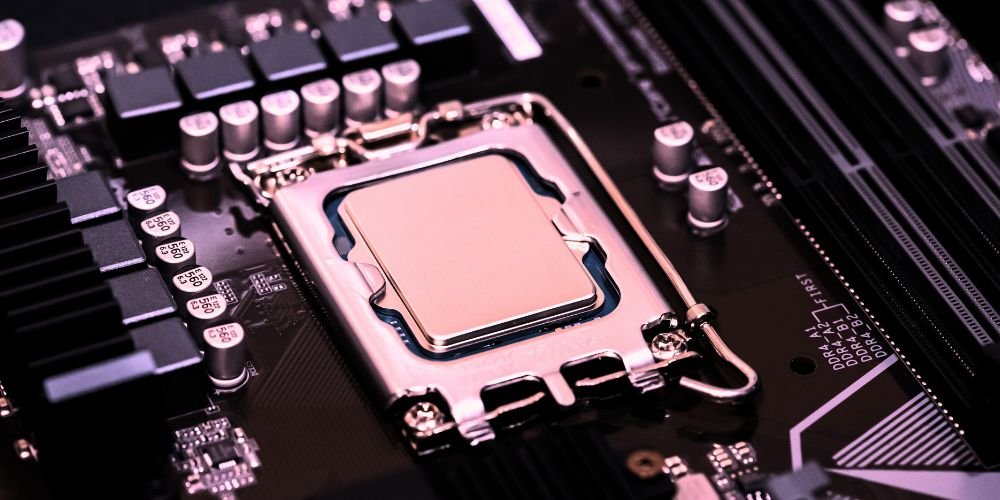Overclocking, increasing the clock rate of a computer’s CPU or GPU beyond the manufacturer’s specifications, has long been a popular technique among tech enthusiasts and gamers seeking to maximize performance. While it promises enhanced speed and improved performance, overclocking carries risks and challenges that must be carefully considered. This opinion piece examines the advantages and disadvantages of overclocking, the technical aspects involved, and the prospects of this practice in modern computing.
Benefits of Overclocking
The primary benefit of overclocking is the potential for improved performance. Users can achieve faster processing times, smoother gameplay, and more efficient multitasking by pushing the hardware to operate at higher speeds. It can mean the difference between good and great performance for gamers and content creators, particularly when dealing with demanding applications. Additionally, it can extend the lifespan of older hardware by keeping it competitive with newer models, thus offering a cost-effective way to enhance performance without investing in expensive upgrades.
Risks and Drawbacks
Despite its advantages, it is not without its risks. One of the most significant concerns is the increased heat generation, which can damage hardware if not properly managed. Excessive heat can reduce the lifespan of components and even cause system instability or failure. Furthermore, it can void warranties, leaving users without support if their hardware fails. There is also the potential for diminishing returns, where the performance gains do not justify the increased power consumption and associated costs. Additionally, not all CPUs or GPUs can be overclocked, and success can vary greatly between different models and individual units.
Technical Considerations
Successful overclocking requires a solid understanding of the technical aspects involved. Users must be familiar with their hardware specifications and be able to monitor system temperatures and voltages. Investing in high-quality cooling solutions, such as advanced air coolers or liquid cooling systems, is essential to mitigate the risks associated with increased heat. Additionally, using reliable overclocking software and tools can help ensure the process is done safely and effectively. It is also crucial to perform stability tests to ensure the system remains stable under the new settings.
The Role of Modern Hardware
Modern CPUs and GPUs feature built-in support for overclocking, including unlocked multipliers and dynamic frequency scaling. Manufacturers such as Intel and AMD have developed their overclocking utilities, making the process more accessible to users. However, as hardware technology advances, the performance gains from overclocking are becoming less pronounced. Modern processors are already highly optimized for performance and efficiency, leaving less room for significant improvements through overclocking. This evolution raises questions about the future relevance of overclocking as a mainstream practice.
Future of Overclocking
The future of overclocking may see a shift towards more specialized applications. As the performance gap between stock and overclocked hardware narrows, enthusiasts may turn to other forms of system optimization, such as custom cooling solutions and software tweaks, to further enhance their systems. The growing interest in competitive gaming and e-sports could also drive innovations in overclocking techniques as players seek every possible advantage. Moreover, the rise of AI and machine learning workloads may present new opportunities for overclocking in specific contexts where the need for maximum computational power is paramount.
Conclusion
Overclocking remains a fascinating and potentially rewarding practice for those willing to navigate its complexities and risks. While it offers clear benefits in performance enhancement, the challenges of heat management and hardware longevity cannot be overlooked. As technology evolves, the relevance and approach to overclocking may change, but its allure for tech enthusiasts and gamers is likely to endure. By understanding the technical considerations and staying informed about advancements in hardware, users can decide whether overclocking is the right choice for their needs.





